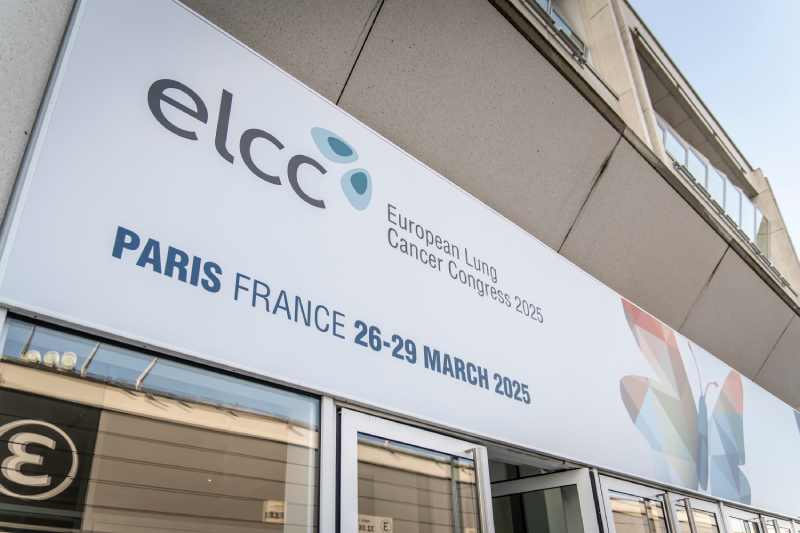
For patients with non-small cell lung cancer (NSCLC) and EGFR exon 20 insertions, amivantamab plus carboplatin-pemetrexed demonstrates overall survival (OS) benefits compared to chemotherapy alone, according to findings from a recent study.
A team of researchers from China conducted the study, which was published in ESMO Annals of Oncology. It was important to explore amivantamab plus chemotherapy as a first-line treatment for NSCLC because previous research findings in the PAPILLON study indicated that second-line treatment showed promising OS results and previous analysis “may underestimate the benefit” of first-line amivantamab plus chemotherapy.
Furthermore, the PAPILLON study showed “a favorable trend” in the intention-to-treat (ITT) interim analysis for overall survival (OS) in the amivantamab plus chemotherapy arm with a hazard ratio (HR) of 0.67 (95% CI, 0.42-1.09) compared with chemotherapy alone. This finding was despite 42% of patients receiving chemotherapy alone switching to receiving second-line amivantamab monotherapy after disease progression.
In the current study, the researchers used inverse probability of censoring weighting (IPCW), two-stage estimation (TSE), and rank-preserving structural failure time (RPSFT) modeling to statistically measure and generate survival estimates for both treatment groups.
The analysis was adjusted for the 42% of patients in the chemotherapy group who switched to receive second-line amivantamab monotherapy after disease progression. The OS HR results from the IPCW, TSE, and RPSFT analyses were 0.52 (0.28-0.94), 0.55 (0.31-0.92), and 0.60 (0.32-1.12), respectively.
At the median follow-up point of 14.9 months, 80% of patients receiving amivantamab plus chemotherapy were alive, compared with 72% of patients receiving chemotherapy. According to the study results, survival estimates for the chemotherapy-only group were 58%, 65%, and 70% for IPCW, TSE, and RPSFT, respectively.
Reflecting on the study implications, the researchers stated that the “results remained generally consistent across sensitivity analyses, and these adjusted OS estimates for [first-line chemotherapy] are aligned with previously published estimates using real-world evidence.”
Based on the study results, the investigators concluded that “after adjusting for cross-over, estimates of OS benefit were in favor of [amivantamab plus chemotherapy versus chemotherapy] across multiple methodologies and statistical assumptions,” which is “providing a more clinically relevant estimate of benefit” in the first-line setting.
Source: ESMO Annals of Oncology







 © 2025 Mashup Media, LLC, a Formedics Property. All Rights Reserved.
© 2025 Mashup Media, LLC, a Formedics Property. All Rights Reserved.